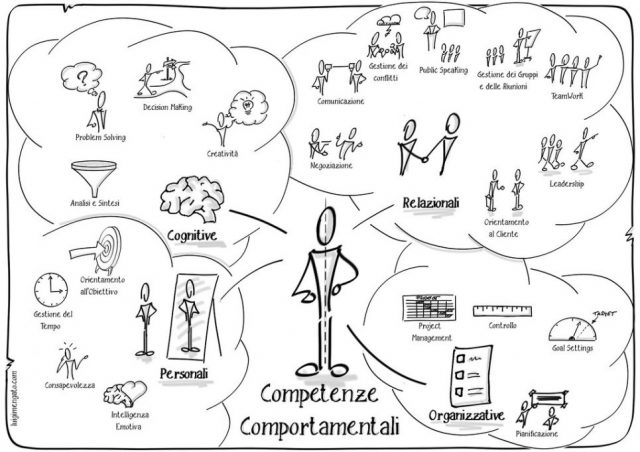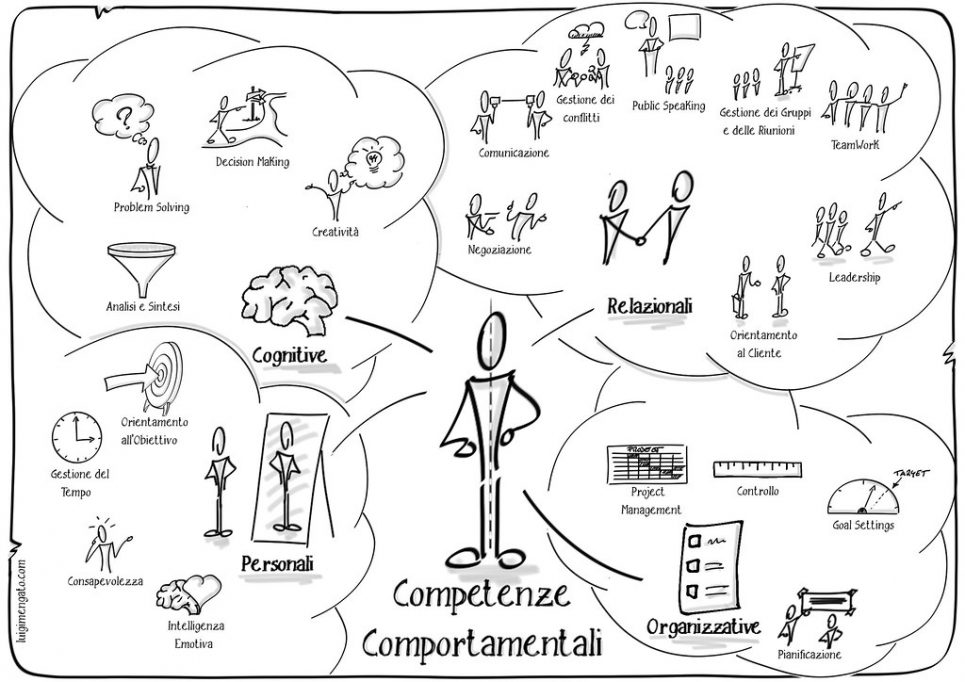What sets humans apart from machines is their humanity and emotional quotient. That is the idea of pondering over which human resources- are expected to be proficient in not only hard skills but also soft skills. Nowadays, employers do not satiate with the education and training that an applicant received. By contrast, they desire skills of collaboration, communication, leadership, and other interpersonal skills to ace the job.
So the question arises- what are these Soft skills which are leading the game of job?
Delve in to find out.
WHAT ARE SOFT SKILLS?
Primarily, soft skills are subjective, non-technical, personality-driven skills that muffle around the personality of any individual. Unlike technical skills, they are usually immeasurable and less specific to any particular vocation. Complementing the hard skills, the combination of interpersonal and social skills enable an individual to navigate the environment, work well with others, and achieve goals.

The attributes and behavior highlight the temperament of an individual under diverse circumstances. Let’s say, for example, if a customer is unhappy with your company’s services, what will you do? Would you say that’s your problem, manage it yourself, or would you offer amendments and compensations? For sure, you would choose the latter, wouldn’t you?
THE TERM- SOFT SKILLS
Soft skill is a composite phrase based on common sense and the ability of a person to deal with situations and people.
For one, “Soft” represents any subjective, hazy, unreliable; yet profoundly important trait. In particular, it replicates the emotional aspect of an individual and his interaction with others and success in the workplace.
Secondly, ” Skills” is a broader term that stresses the ability of a person to learn and complete a task. It could vary from a scale of easy tasks like how to write to a difficult task like how to be creative.
Conflating both the words entails soft skills that define who a person is rather than what a person knows. For instance, if a person is amicable or hostile, collaborator or individual worker, honest or dishonest, and so on.
GENESIS OF SOFT SKILLS
The origin of Soft skills dates back to the late 1960s and, to be precise 1968. During those times, the US Army realized that they had put ample resources into training about machinery. Yet, at the same time, being victorious called for management of how did a team lead. However, the officials were not training for these attributes.

As they recognized the importance of such skills, they worked out to study how to acquire these skills. Paul G Whitmore, along with his team, researched and formulated the training theory of “Systems Engineering of Training” enlisted in the document CON Reg 350-100-1.
Initially, Paul G Whitmore stated the definition as: “job-related skills involving actions affecting primarily people and paper, e.g., inspecting troops, supervising office personnel, conducting studies, preparing maintenance reports, preparing efficiency reports, designing bridge structures.”[7]
The term took a stride over the years, and in 1972 formal usage of it came into existence as cornered by the US Army manual. Based on the questionnaire, experts weaved a new conditional definition: “Soft skills are important job-related skills that involve little or no interaction with machines and whose application on the job is quite generalized.”[9][11]
This brings the end of this Blog. Thanks for reading. We really appreciate your time.
Do visit our page www.zigya.com/blog for more interesting articles
We would love to hear from you. Please share your feedback and comments below.
Keep Reading! Cheers!
Zigya Academy
BEING RELEVANT
